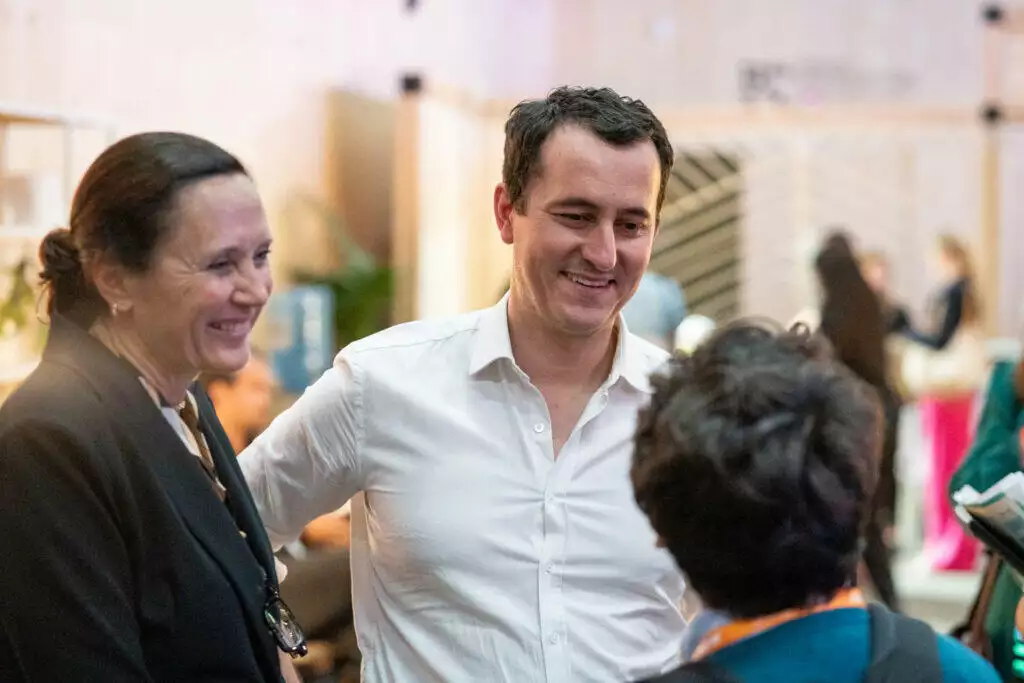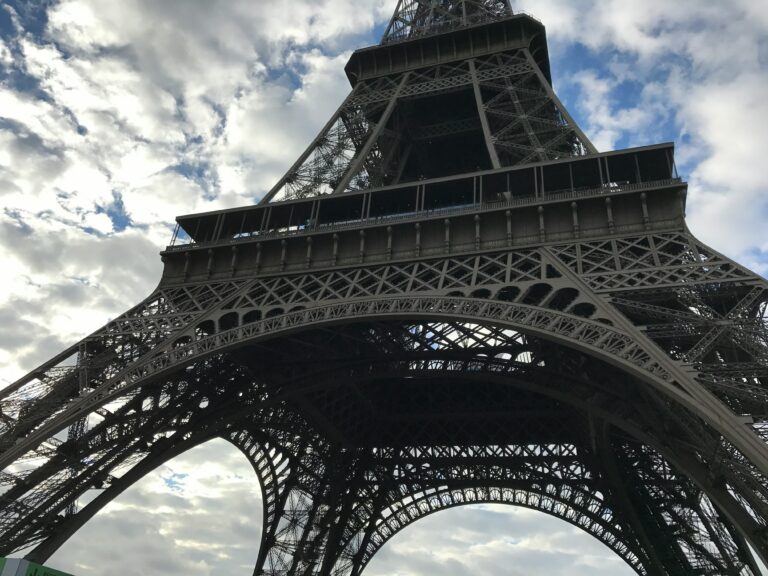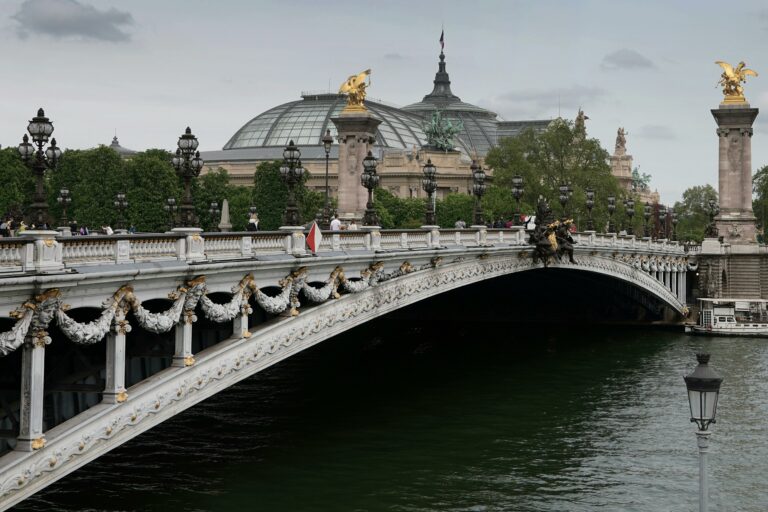Finding Hope Amidst Entrenched Interests:
Sandrine Dixson-Declève shares her insights on COP28 outcomes.
After 10 days of active engagement in Dubai, Sandrine Dixson-Declève, Co-President of The Club of Rome, reflects on what happened at COP28 for the ChangeNOW community, highlighting small victories but also the urgent need to reshape international climate governance.
What does this COP mean for the future?
Well, it exposes the dysfunctionality of our international governance system. The struggle for an ambitious deal is obvious, mainly due to entrenched interests in our economic models, especially the powerful fossil fuel industry making it hard for us to transition out of fossil energy.
The main headline is that we fell short on the phase-out of fossil fuels. But there were positive outcomes regarding land use, food, and a deal on the loss and damage fund. However, the allocated funds (500 to 700 million) are a mere pittance compared to the colossal profits of energy companies (2.8 billion per day).
While there have been a few positive developments, there’s also been a lot of grumbling and a growing realization that we must adopt a different approach. Myself and leaders addressed our concerns by writing a letter to the UNFCCC and UN Secretary-General Antonio Guterres, stressing the imperative need for reform. The current format, with massive trade shows attracting 100,000 people, is proving to be a distraction from the crucial ambition required in negotiations.
As a collective, and particularly myself, we are committed to advocating for COP reform. This effort will persist not only in Azerbaijan next year but also emphatically in Brazil. The Brazilian government is already exploring alternative methods. The envisioned changes include a stronger infusion of scientific input, smaller and more focused meetings, a heightened emphasis on implementation, and additional efforts on putting in place the capital flows that we need to make this transition a reality.
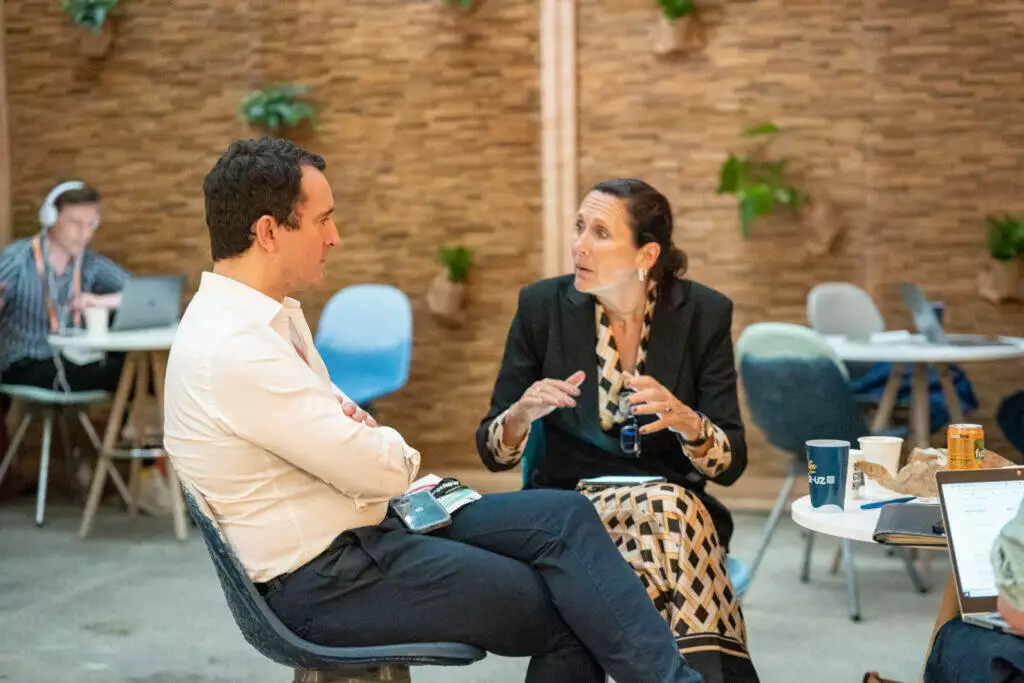
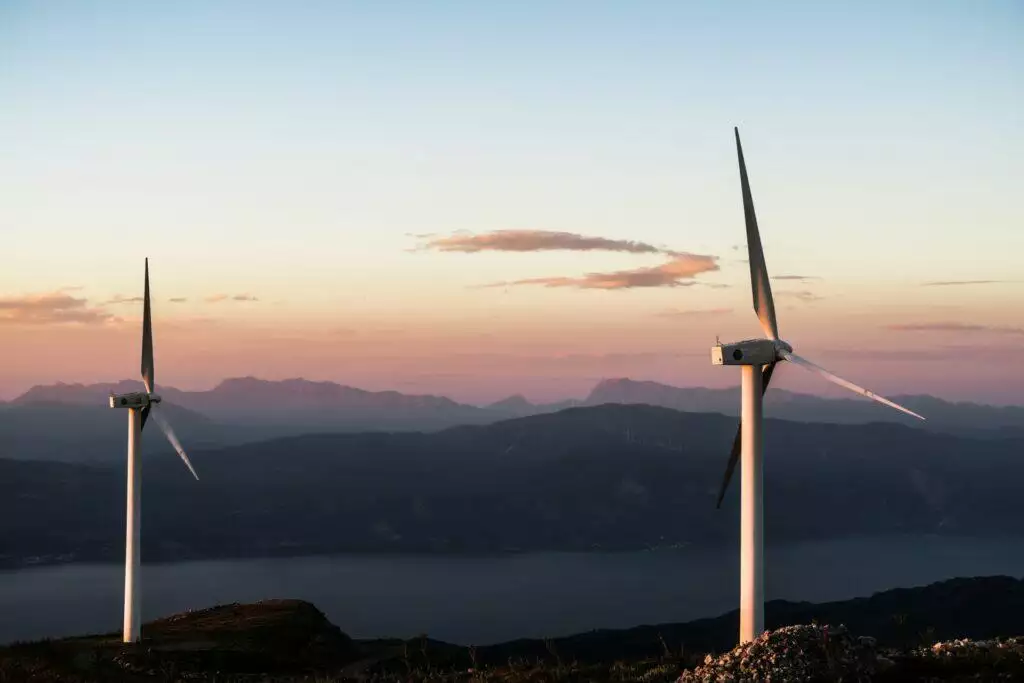
Is the reference of a “transition away from fossil fuels” a first step towards a post-fossil fuel world?
No, it’s far too light. Furthermore, even if we collectively placed our hope in Sultan al-Jaber, COP28 President, and took him at his word, the transition was a good way forward.
However, the very next day, shockingly, he declared that the UAE would persist in extracting fossil energy. This sudden announcement, made without a delay of 10 days or even a month, shattered our collective optimism. We had all wanted to believe that the transition was a positive step forward.
The cynicism displayed by the host country, signaling their continued focus on fossil energy extraction, turned the negotiations into a mockery. It became crucial for us to comprehend the flaws in our governance system, allowing the hijacking of the entire process by one or more countries. Saudi Arabia initiated this, with support from other OPEC nations, aiming to block and implement a veto due to the absence of a qualified majority.
Simultaneously, observing the events at the UN level regarding Gaza and the actions of the US, this situation has become a stark symbol of the broken international governance system. That is why I sit on the new Climate Governance Commission alongside Mary Robinson and Johan Rockstrom, and other leaders in science and former decision-makers. We are fervently calling for new types of governance methods to ensure that we can meet the challenges of the 21st century starting with climate change, but also conflicts like Gaza, Ukraine, and other significant conflict zones.
Sandrine Dixson-Declève, Co-President of The Club of Rome"The goal is to shift from a singular year-end milestone to distributing focus across the year, identifying intervention points and aligning them with clear narratives and objectives to achieve our decarbonization goals."
Can governance systems change within a year, or is it a longer process?
So, I believe we’ll likely have to wait until Brazil. Many are considering skipping the next COP, given its association with another Petro State. There is a conversation that the UN will be reaching out and thinking through setting up an advisory board on COP reform. So I’m hopeful that over the next year, we will start to see a real shift.
With Azerbaijan assuming leadership, there’s potential for Germany’s involvement, fostering essential meetings throughout the year to build momentum for a comprehensive stocktake and more significant decisions at the subsequent COP.
Realistically, though, many of us are focusing on Brazil. I’ve gleaned insights from the Brazilian presidency, indicating their intention to separate substantial stakeholder engagement and the grand trade show ambiance. Hosting 100,000 people physically in the Amazon is logistically challenging. Consequently, negotiations will likely be distinct from large meetings involving non-state actors.
Whether in Brazil or elsewhere, facilitating exchanges between progressive non-state actors and governments, injecting necessary science, remains essential, while cautiously managing entry points to prevent undue lobbying influence.
If not attending the next COP, what's the plan for 2024? What is your vision of the main actions and milestones for the next year?
I see several crucial milestones on the horizon.
Firstly, it’s imperative to connect the Biodiversity COP with the Climate COP. The last Biodiversity COP in Montreal, Canada, exceeded expectations with remarkable ambition. It’s crucial to intertwine biodiversity and climate goals, urging those of us on the outside to press leaders for clear commitments in both areas.
Another key focus is navigating the challenges during the ongoing election cycle in the United States and Europe. Europe, once a leader in fossil fuel phase-out deals, faces resistance against the European Green Deal. Advocates working strategically with governments must support European leaders in maintaining their ambitious stance.
Similar challenges loom in the United States during the Trump versus Biden election cycle. We must remain vigilant not to lose sight of these discussions, ensuring progress isn’t slowed down precisely when acceleration is needed.
Additionally, attention must be directed toward regional climate events like the Climate Week in the US, the regional African COP, and initiatives in Asia and Latin America. The goal is to shift from a singular year-end milestone to distributing focus across the year, identifying intervention points and aligning them with clear narratives and objectives to achieve our decarbonization goals.
Sandrine Dixson-Declève, Co-President of The Club of Rome"At COP 28, despite some moments of despair, I also witnessed the resilience of our collective spirit. It's also a reminder that together, in radical collaboration, we stand stronger against entrenched interests that seek to maintain the status quo."
On a more personal level, what keeps you optimistic for the future?
What unfolded during COP was truly fascinating—a genuine collaborative effort among key organizations, including the Club of Rome and myself, rallying around crucial messages and responses.
One notable achievement involved bringing scientists together to counter a significant rumor that science did not support fossil fuel phase-out. In just 48 hours, we collected thousands of scientist signatures debunking this claim, an unprecedented accomplishment.
A joint initiative with business leaders, the “We Mean Business” declaration, united CEOs, various organizations, investors, and asset owners behind a fossil fuel phase-out deal. Similarly, the non-proliferation treaty gained momentum, forming part of a groundswell.
Remarkable collective action, including thousands of signatures, materialised through the coordination of WhatsApp groups and grassroots efforts. Encouraging support from women’s groups, exemplified by ‘SHE Changes Climate’, and a wider community of men and women provided a crucial lifeline in moments of despair.
The outpouring of love and support from diverse groups—men and women—during moments of despair underscores the resilience of our collective spirit. It’s a reminder that together, in radical collaboration, we stand stronger against entrenched interests that seek to maintain the status quo. This optimism stems from our ability to come together swiftly, realizing that the strength lies in collaboration, transcending individuals and organizations.
